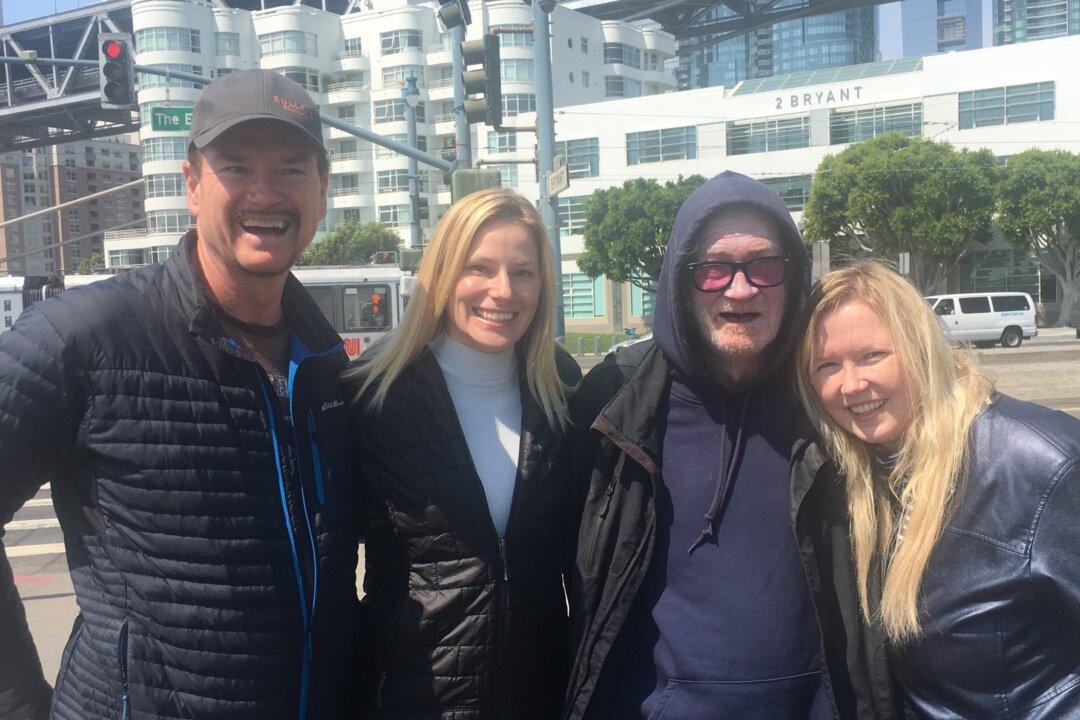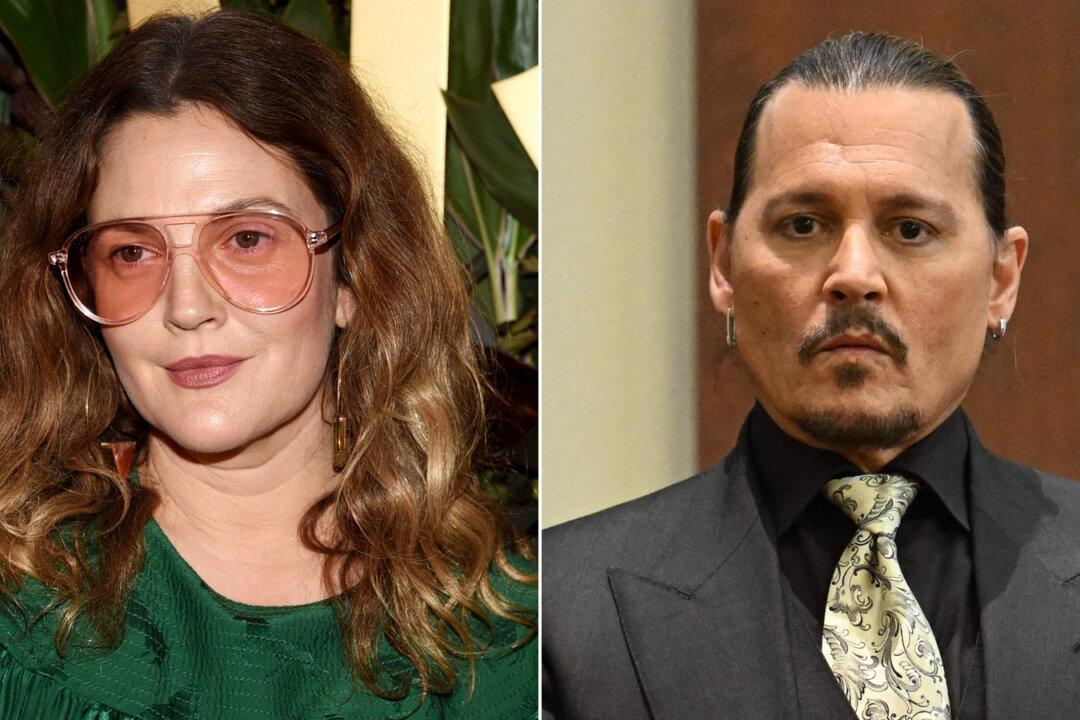For years, Jasmine Cornett wandered the streets of San Francisco looking for her uncle Wayne, whom she hadn’t seen since she was 12 years old. She often snapped photos of the homeless people she saw and sent them to her father and her aunt Lisa, asking if maybe this time she'd caught a glimpse of Wayne.
Each time they texted back and said it wasn’t him.




